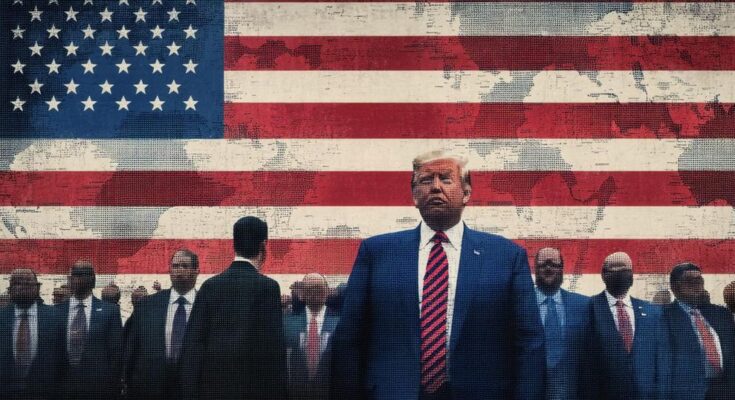Israeli leaders are closely observing the U.S. elections as the outcome will influence their military and diplomatic strategies in response to regional conflicts, particularly with Hezbollah and Hamas. Recent missile attacks from Hezbollah exemplify the ongoing tensions in the region, while U.S. diplomatic efforts, exemplified by Antony Blinken’s visit, have yet to achieve significant progress, highlighting the complexity of the situation.
Amidst ongoing geopolitical tensions, Israeli leaders are closely monitoring the outcome of the forthcoming American elections, recognizing that the victor will significantly influence Israel’s strategic responses to regional conflicts. Recently, during a visit to Israel on October 23rd, 2024, U.S. Secretary of State Antony Blinken experienced a precarious moment when he had to seek refuge in a bomb shelter after missiles were launched by Hezbollah from Lebanon towards Israel. Fortunately, these attacks resulted in minimal damage or casualties. This incident signifies the prevailing volatility in the region and underscores the challenges faced by American diplomats trying to mediate lasting peace. Blinken’s eleventh trip to Israel in over a year failed to yield substantial advancements, reflecting the complex dynamics at play as Israeli officials consider how the results of the U.S. elections may dictate their military and diplomatic operations against adversaries such as Hezbollah and Hamas, and potentially even direct actions against Iran.
The Israeli-Palestinian conflict, coupled with tensions involving Iran and its allies, remains a prominent issue for Israeli leadership. The situation has been exacerbated by ongoing hostilities with militant groups such as Hezbollah and Hamas. As the U.S. elections approach, Israeli officials are highly attentive to the differing foreign policy perspectives of the potential U.S. presidential candidates. A shift in American leadership may lead to considerable changes in support levels and strategies pertaining to Israel’s security concerns and military responses in the region.
In summary, the forthcoming American elections are pivotal not only for U.S. domestic politics but also for Israel’s approach to critical regional conflicts. With Hezbollah rising as a central threat and the potential for escalated military action against Iranian interests, the Israeli government is keen to navigate its strategies according to the emerging political landscape in Washington. The realities on the ground, as highlighted by recent missile attacks, further complicate the situation, making timely and effective decision-making imperative for Israel’s leadership in these uncertain times.
Original Source: www.economist.com




